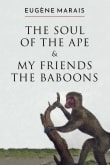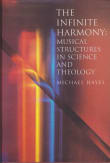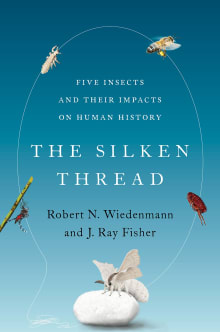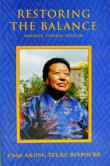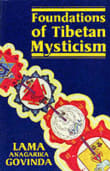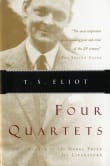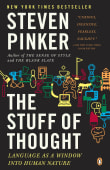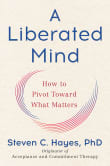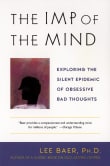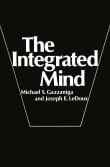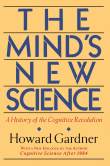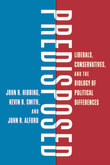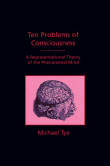The Origin of Consciousness in the Breakdown of the Bicameral Mind
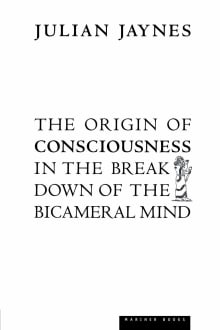
Book description
At the heart of this classic, seminal book is Julian Jaynes's still-controversial thesis that human consciousness did not begin far back in animal evolution but instead is a learned process that came about only three thousand years ago and is still developing. The implications of this revolutionary scientific paradigm extend…
Why read it?
4 authors picked The Origin of Consciousness in the Breakdown of the Bicameral Mind as one of their favorite books. Why do they recommend it?

This book, more than any other on the subject, surprised and fascinated me.
Its thesis is deceptively simple. It suggests that the two hemispheres of the human brain were “strangers” to each other early in our evolutionary history (three millennia ago). The left hemisphere received the information from the right as a message from an unfamiliar source (an unseen “voice”).
Jaynes proposed that this was the basis for all religious experience. It was our intuitive right hemisphere that supplied the “voices” of the gods. True human consciousness only arose when this bicameral mind “broke down” and the “voice of God”…
From James' list on the nature and capacities of our bilateral minds.

Julian Jaynes was a researcher and teacher whose whole career focused on describing and understanding human consciousness.
This strange, enchanting book looks at consciousness as an “operation” (like mathematics) rather than a thing. It examines how consciousness constructs an internal “space” in our heads that is an analog for the external world. In this space, we manipulate thoughts and ideas in much the same way we manipulate objects in the material world.
This is a foundational text that calls into question our most basic assumptions about how we experience the realm of thought.
From Chad's list on thoughts, and our relationship with them.

Despite the rather off-putting title, I found this book really interesting. Written by a specialist psychologist, it presented a new theory about the way human thinking has developed from the earliest beginnings. I was particularly interested in his concept that ancient man ‘heard the voice of god’ inside his mind, but as ‘primitive’ humans became more individualised, the gods were heard less often, until they could no longer be heard at all. This resonates with the myths that in a Golden Age humankind ‘walked with God’ but as aeons passed, the gods retreated. At this juncture, people started to construct…
From Sarita's list on tarot archetypes and the I Ching.
If you love The Origin of Consciousness in the Breakdown of the Bicameral Mind...

Jaynes controversially suggested that humans were suddenly gripped by a radical transformation of the psyche in the Mediterranean-area Bronze Age, four thousand years ago, when our ancestors spontaneously experienced a kind of software upgrade inside their heads, resulting in them acquiring a new mechanism that operated their minds. This collective mind-storm resulted, some claim, in the collapse of many Bronze Age civilizations. Before this dramatic revolution of the psyche, humans possessed (according to Jaynes) the “double brain of bicameralism” – this meant that ancient humans, in their bicameral phase, had a fundamentally different mental state to that of people today.…
From Simon's list on the development of the human mind.
If you love The Origin of Consciousness in the Breakdown of the Bicameral Mind...
Want books like The Origin of Consciousness in the Breakdown of the Bicameral Mind?
Our community of 12,000+ authors has personally recommended 100 books like The Origin of Consciousness in the Breakdown of the Bicameral Mind.
Browse books like The Origin of Consciousness in the Breakdown of the Bicameral Mind





